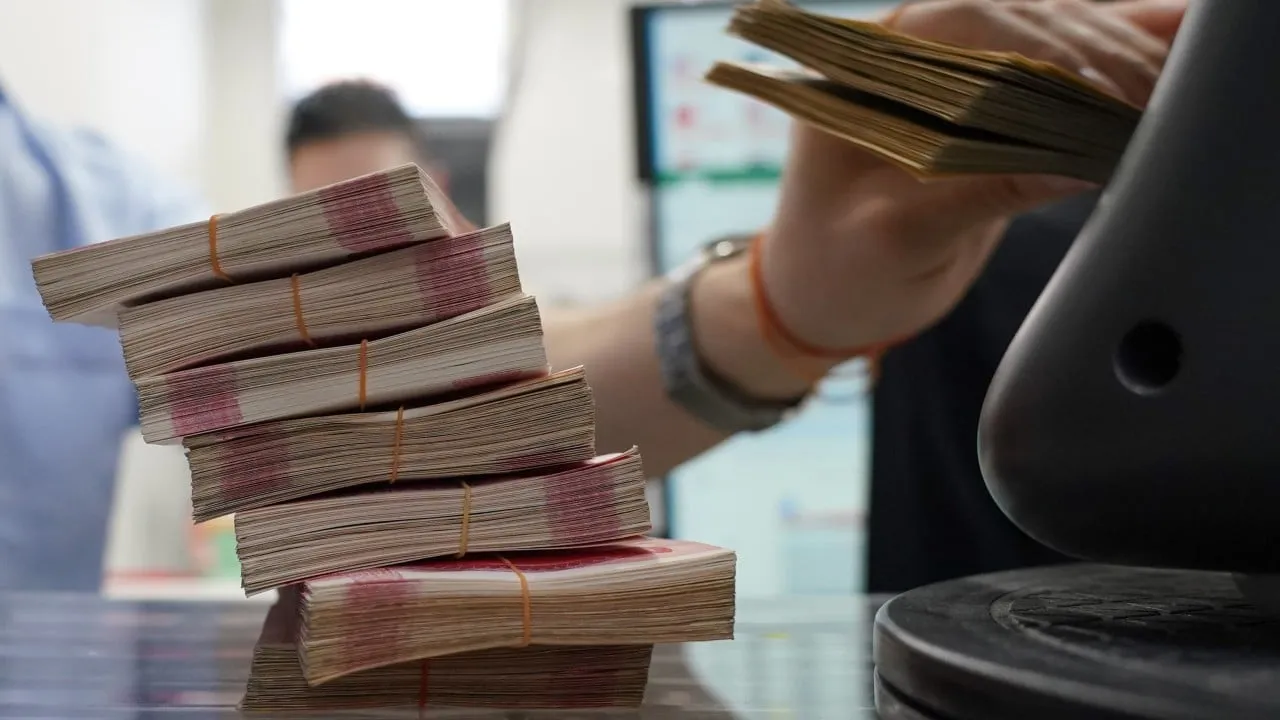Understanding Yuan Volatility Amid Interest Rate Cuts and US Election Dynamics

Yuan Volatility Driven by External Factors
Yuan volatility is set to intensify due to speculative interest rate cuts by the US Federal Reserve and uncertainties surrounding the US presidential election.
Market Effects of Federal Reserve Policies
Goldman Sachs noted that the recent appreciation of the yuan against the US dollar is largely driven by external factors impacting currency traders. As the Federal Reserve hints at interest rate adjustments, we anticipate a change in market dynamics.
- Yuan gained about 2% this month.
- Traders are closely watching upcoming events, including potential interest rate cuts.
- Vice President Kamala Harris's debates impact trader sentiment ahead of the election.
Impact of Chinese Exporters
Chinese exporters have reportedly been conserving around US$400 billion in dollar assets, influencing demand for yuan-denominated holdings. However, Goldman Sachs believes that the anticipated conversion into yuan assets may not be as significant as previous estimates.
- HSBC forecasts a cautious outlook on yuan depreciation.
- Expectations of a sustained interest rate differential between China and the US remain influential.
- Weak domestic sentiment poses challenges for the yuan's strength.
This article was prepared using information from open sources in accordance with the principles of Ethical Policy. The editorial team is not responsible for absolute accuracy, as it relies on data from the sources referenced.